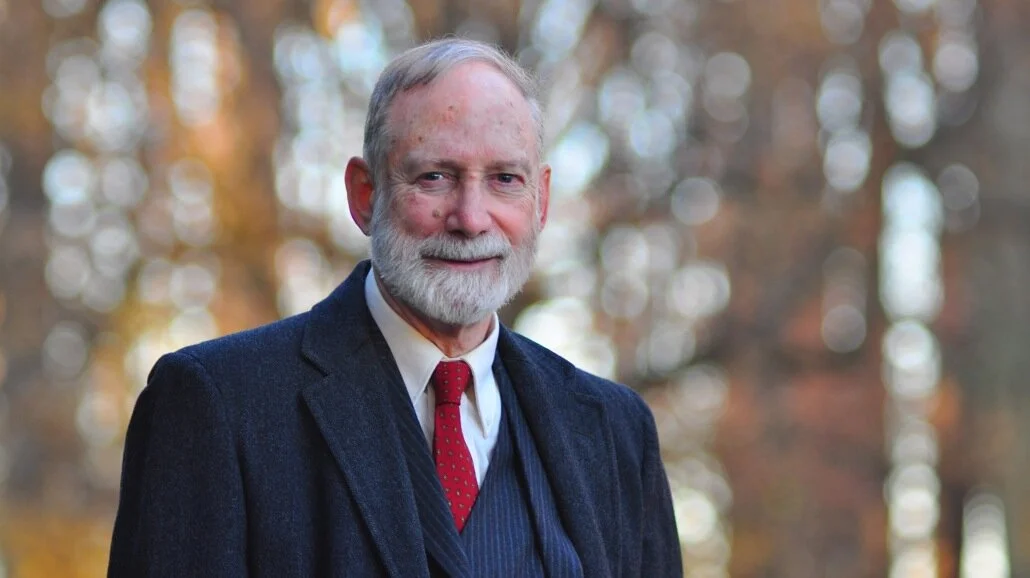POeT SHOTS is a monthly feature published on the first Monday of the month. It features work by established writers followed by commentary and insight by Ray Greenblatt
POeT SHOTS #2, Series C
COLUMBARIUM
Legend says doves saved the Altneu synagogue
In Prague in 1558, really
Angels in disguise who hovered cooing
Along the roof while the ghetto burned.
You can imagine the faint creak as their wings fanned
The flames away from Europe’s oldest shul
The obdurate roost of tradition
After each purge, but not why children
Never felt the same blessed shuddering
When the Germans stoked their kilns in Terezin.
The ancient poor called themselves lucky
In Rome to have if not an ornate tomb
For the body then a small hole in the wall
For its residue in a row of such holes,
In a stack of such rows, like the better off
For their birds. In 1944 those children
Not yet ash stood as in a fire line and passed
Box after box from the shed with the arched doors
And tired brick, a spur track to the river,
The Russian tanks getting close. Perhaps
There never was a way to contain such truth.
Though as they scattered handfuls of gray silt
To cloud and clot the current they must
Have fluttered a little, carried in the wind
As when a flock is released and wheels
With calm restraint over a city’s spires and eaves
Before returning to its niches. The humble
In the ancient temple sacrificed pigeons
Instead of lambs on the altar, all
They could afford for their burnt offering,
Their holocaust, Greek from Hebrew, the word olah
Meaning that which goes up. Perhaps when you stand
In the synagogue on a Friday night
Once the crowds disperse, listening to the past
Quietly murmured in a dead language
You are that small opening, that repository
Of memory, which is its own homing
Crossing the impossible distance like a dove.
A columbarium is a room where funeral urns are stored. This poem traces centuries of Jewish hardship culminating in the most devastating event that could befall anyone. These strong lines strike nerves and reverberate: “The obdurate roost of tradition.” “To cloud and clot the current they must/have fluttered a little.” “Once the crowds disperse, listening to the past/quietly murmured in a dead language/you are the small opening, that repository/of memory.” Dust becomes birds becomes soul becomes, perhaps, hope.
Ray Greenblatt has been a poet for forty years and an English teacher longer than that. He was an editor of General Eclectic, a board member of the Philadelphia Writers Conference, and is presently on the staff of the Schuylkill Valley Journal. He has won the Full Moon Poetry Contest, the Mad Poets Annual Contest, and twice won the Anthony Byrne Annual Contest for Irish Poetry sponsored by The Irish Edition. His poetry has been translated into Gaelic, Polish, Greek and Japanese.


